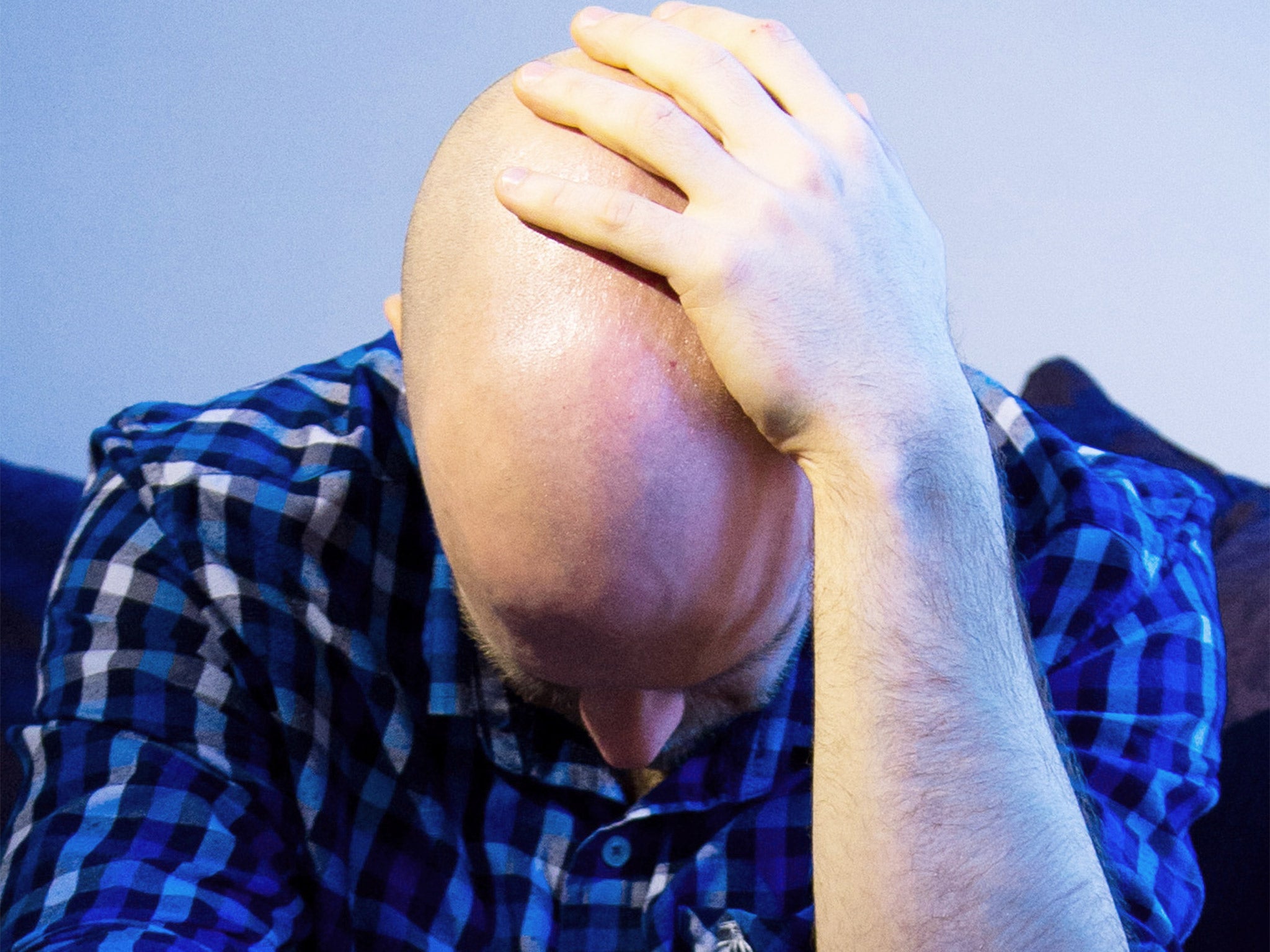Middle-aged people are unhappiest and most anxious in Britain, report says
Figures reveal people aged 90 or more were happier and more satisfied with their lives than those in middle age

Your support helps us to tell the story
From reproductive rights to climate change to Big Tech, The Independent is on the ground when the story is developing. Whether it's investigating the financials of Elon Musk's pro-Trump PAC or producing our latest documentary, 'The A Word', which shines a light on the American women fighting for reproductive rights, we know how important it is to parse out the facts from the messaging.
At such a critical moment in US history, we need reporters on the ground. Your donation allows us to keep sending journalists to speak to both sides of the story.
The Independent is trusted by Americans across the entire political spectrum. And unlike many other quality news outlets, we choose not to lock Americans out of our reporting and analysis with paywalls. We believe quality journalism should be available to everyone, paid for by those who can afford it.
Your support makes all the difference.The bad news, for anyone under the age of 35 reading this, is that middle-age could be the most miserable time of your life.
But the good news is that you’re likely to be happier in retirement, even into your nineties, according to new figures released by the Government.
A report by the Office for National Statistics (ONS), looking at four measures of personal well-being, reveals that people aged 90 or more were happier and more satisfied with their lives than those in middle-age.
Researchers looked at data for more than 300,000 people in Britain from the past three years who had been asked how satisfied they were with their lives, whether they felt what they did was worthwhile, and their levels of happiness and anxiety.
Personal well-being was lowest among people in their middle years. Anxiety levels reached their peak among this age group, and were at their lowest in those aged over 90.
“Average ratings of life satisfaction, a sense that what one does in life is worthwhile and happiness peak for those aged between 65 to 79 years, however scores for all 3 measures decline in later life,” stated the ONS report.
Levels of well-being fall in later years, with elderly people faced with poor health and loneliness, but the report added: “Whilst ratings of life satisfaction and happiness also fall in later life, interestingly average ratings remain higher for those aged 90 and above compared with people in their middle years.” it said.
One reason is that, with Britain’s population ageing and people living longer than before, middle-aged people are looking after the generation before and after them. Glenn Everett, ONS director of measuring national wellbeing, said: “The low wellbeing in middle-age might also suggest that those in this age group are struggling with the double responsibility of caring for children and for elderly parents.”
He added: “Those in their middle years may have more demands placed on their time and might struggle to balance work and family commitments.”
And Professor Andrew Steptoe, director, Institute of Epidemiology and Health Care at University College London, commented: “If as we suspect happiness is beneficial for health, it follows that people who are less happy may not survive to such an old age. The oldest age categories will therefore include a greater proportion of happier people.”
Join our commenting forum
Join thought-provoking conversations, follow other Independent readers and see their replies
Comments